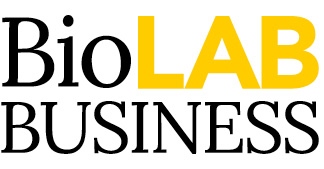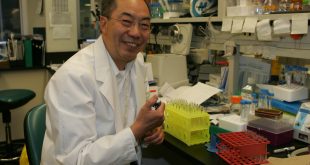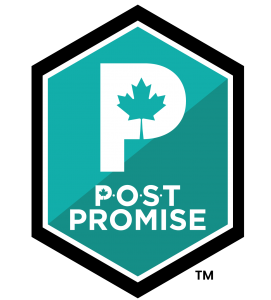To mark its 25th anniversary, the Canada Foundation for Innovation (CFI) launched a survey last year to ask 18- to 24-year-olds about their attitudes toward science. Among the findings released last fall, the survey revealed that many of the participants felt science was too intellectually demanding.
“This significant and meaningful survey rings notes of hope and caution as we look to the future and to the next generation,” said Roseann O’Reilly Runte, President and CEO, Canada Foundation for Innovation.
“Their impressive overall support for science and their concern for the environment, for example, are promising. Their need for the basic tools to discern and understand truth and for the mathematical skills required to do so require immediate attention. This survey is a call for action and an indication of the path to follow.”
When it comes to forming attitudes and opinions on issues ranging from COVID-19 vaccines to environmental sustainability, the majority of young adults in Canada use scientific information to guide their actions. Some cohorts, however, either question or ignore science, which affects their attitudes about those science-based issues.
The survey, developed together with Acfas and Ipsos, revealed that science matters for young adult Canadians. 70% of respondents agreed that science can be relied upon because it is based on facts and not opinion, and 77% think science is a good field for people in their age group to pursue as a career.
Ipsos surveyed 1,500 young people across the country on questions around the sources of information they access and which sources have the greatest influence on their attitudes toward four science-related issues: COVID-19 vaccine safety, environmental sustainability, climate change and the importance of science, technology, engineering and math (STEM) education for the future.
Overall, the survey made clear that young adults are navigating an extremely complex and diverse information ecosystem where they are inevitably exposed to fake news and anti-science information. This presents an increasingly difficult challenge for science communicators and educators: how to effectively reach those who do not have the tools or the interest to fully understand science-related issues and fight misinformation. Policy-makers, ministries of education and economic development organizations also have a role to play in taking up this challenge in order to build a stronger science-literate society.
The survey also revealed that this age group holds opinions consistent with the scientific evidence. About 68% agreed COVID-19 vaccines approved for use in Canada are safe; 63% agreed that single-use plastics should be banned; 55% agreed that curbing the use of fossil fuels will help reduce the impacts of climate change; and 57% agreed it is critical for Canadian politicians and governments to rely on science when making policy decisions for the benefits of Canadians on issues including health, well-being and the economy.
As part of the research, Canadian youth were divided into five segments that represent general mindsets that span a spectrum of attitudes towards science, from pro-science to science-hesitant.
The survey revealed some areas of concern including a shortfall in mathematics, skepticism and the ability to determine real news from fake news; for instance, 84% believe they are not good in math. While their opinions generally align with science, they are more likely to say science is too intellectually demanding and that they don’t feel equipped to distinguish valid science from pseudoscience. Among those who question science, the majority use intuition to make personal decisions related to health and don’t believe scientific proof equals truth. Social media influencers holding anti-science views are prevalent and pervasive, with 73% of respondents reporting they follow at least one social media influencer that has expressed anti-science views.
Check Also
Harnessing curiosity to uncover the holy grail of immunology
These landmark discoveries, combined with those of his peers, have paved the way for research teams to battle cancer through immunotherapy.
 BioLab Business Magazine Together, we reach farther into the Canadian Science community
BioLab Business Magazine Together, we reach farther into the Canadian Science community





